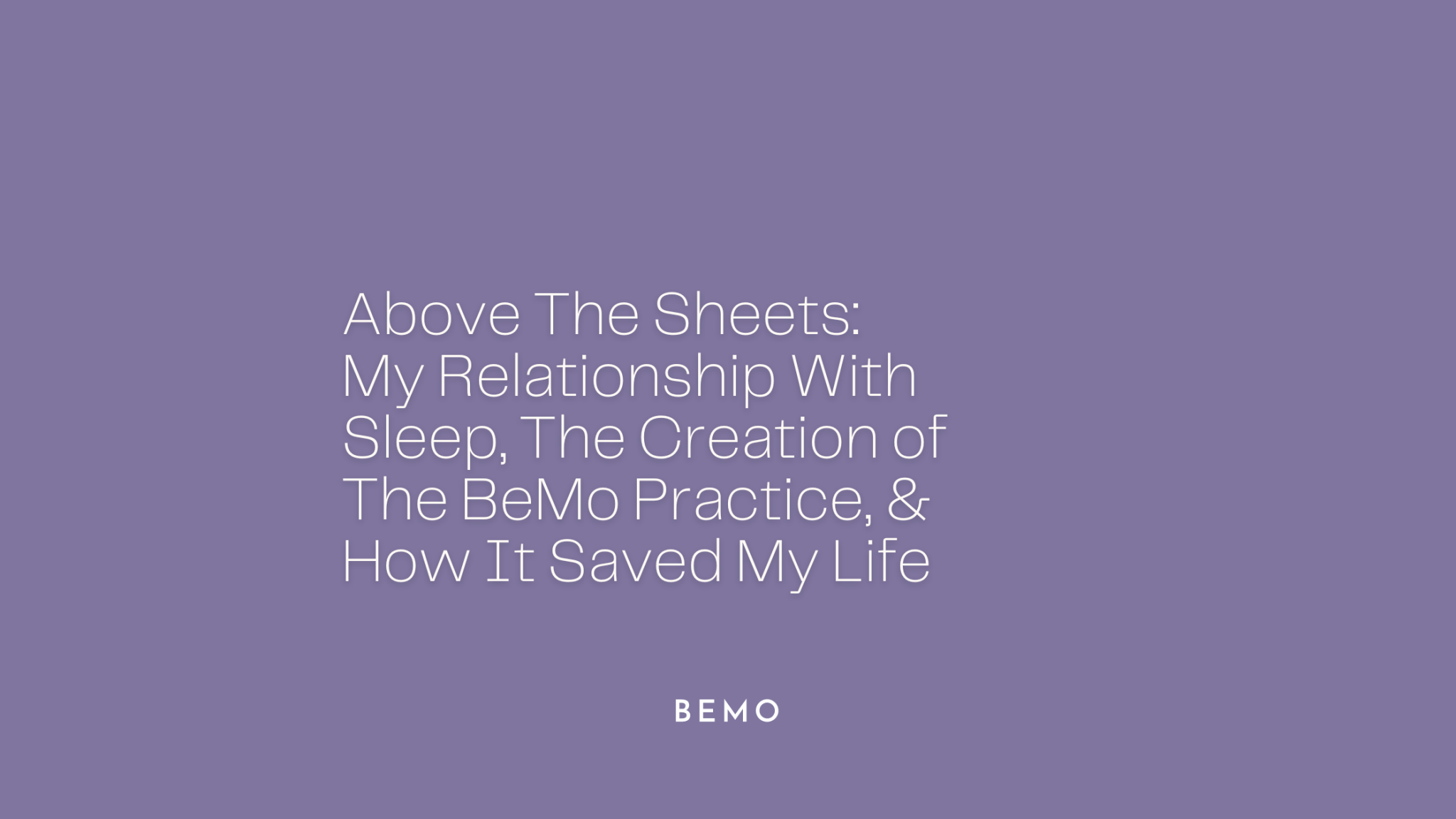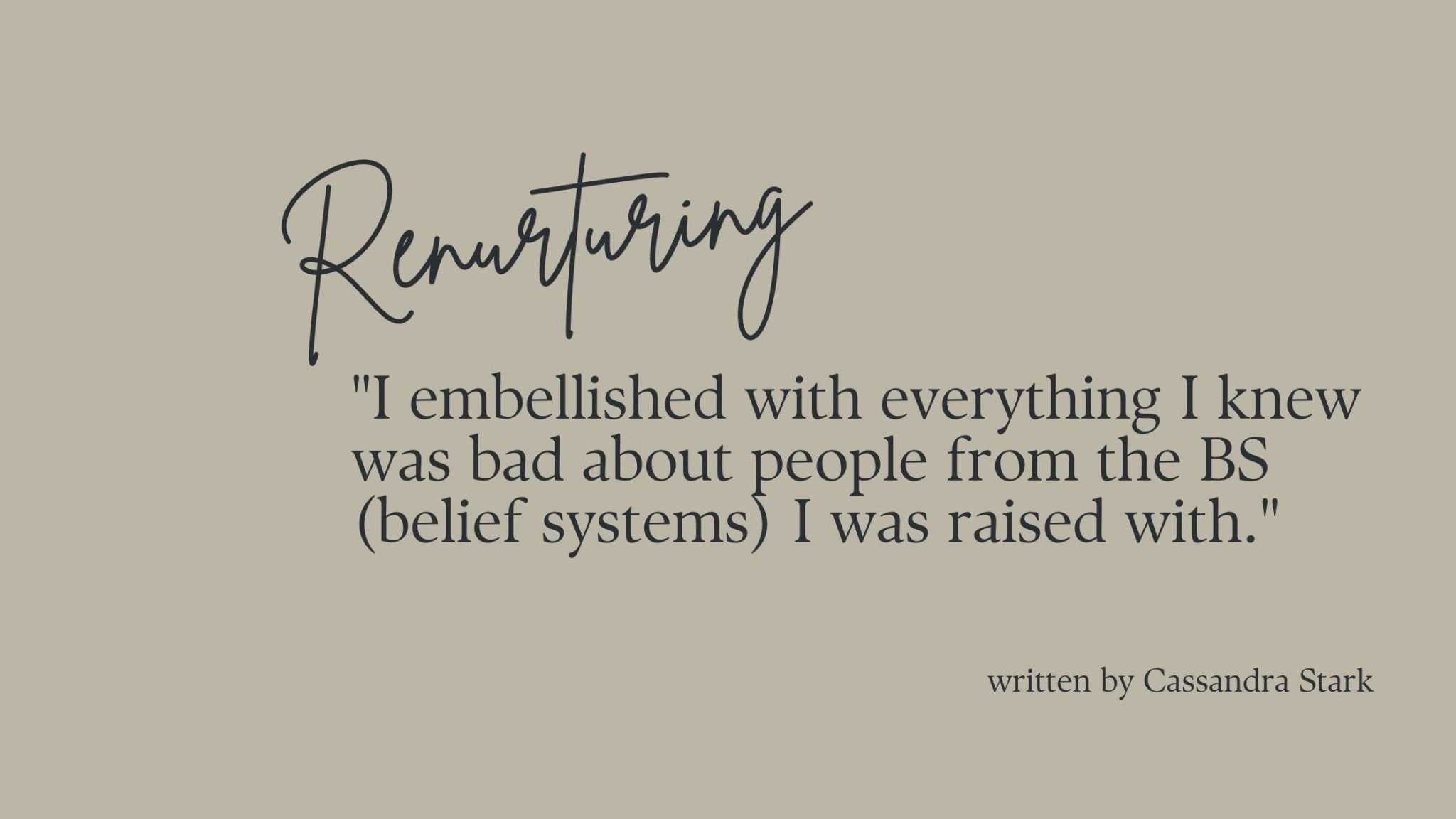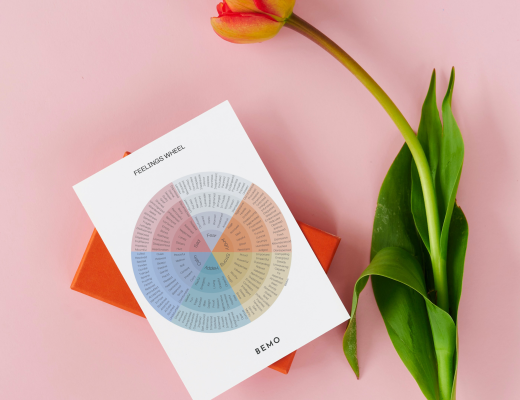Coping is a natural and necessary part of life. We all develop strategies to manage stress, navigate challenges, and handle difficult emotions. These strategies can be healthy and constructive, helping us process our experiences and move forward. But what happens when coping becomes a crutch rather than a tool for growth? When does coping become a bad thing?
The Fine Line Between Coping and Avoidance
Coping mechanisms are meant to help us deal with difficult situations, but they can sometimes morph into avoidance behaviors. When we use coping strategies to completely sidestep uncomfortable emotions or challenging situations, we may be avoiding the very issues we need to address. This avoidance can keep us stuck, preventing us from healing or growing.
Common Coping Strategies That Can Go Overboard
Many coping strategies start off as healthy outlets but can easily tip into unhealthy territory if used excessively or inappropriately:
- Undereating/Overeating: Eating (or not eating) can be a way to manage emotions, but undereating or overeating can quickly become harmful if used to avoid dealing with underlying stress or emotional pain.
- Scrolling on the Phone: Engaging with social media or mindlessly scrolling can be a way to relax and unwind, but it can also become a way to distract yourself from your emotions or avoid facing reality.
- Gaming: Playing video games can be a fun and stress-relieving activity, but if it becomes an escape from real-life problems or a way to avoid responsibilities, it can turn into an unhealthy habit.
- Shopping Habits: Retail therapy can provide a temporary mood boost, but excessive shopping to cope with emotions can lead to financial stress and unresolved emotional issues.
- Making Plans: Constantly filling your schedule with plans and activities can be a way to avoid being alone with your thoughts or emotions. While staying busy can be positive, overcommitting yourself might prevent you from processing feelings that need attention.
- Social Life: Both hanging out with others all the time and not getting out enough are coping mechanisms that can cross the barrier of "self-care" and become "self-deprecating." Surrounding yourself with friends and maintaining an active social life can be beneficial, but if you’re always seeking company to avoid being alone or to escape personal issues, it might indicate that you’re using social interaction as a coping mechanism rather than facing your emotions.
- Exercise: Regular physical activity is great for mental and physical health, but over-exercising to the point of exhaustion or injury can be a sign that you’re using exercise to avoid dealing with underlying stress or emotional issues.
- Work: Being dedicated to your work is important, but using work as an escape from personal problems or to avoid dealing with emotions can lead to burnout and a lack of balance in your life.
For example, turning to a glass of wine after a stressful day might be a way to relax and unwind, but if it becomes a habit that masks underlying stressors or emotional pain, it can turn into a form of avoidance. Instead of addressing the root cause of the stress, we’re merely putting a temporary bandage on it. Over time, this can lead to a buildup of unresolved emotions, creating more significant problems down the line.
When Coping Becomes a Barrier to Healing
Coping becomes a bad thing when it hinders our ability to engage with our emotions and experiences authentically. If we rely too heavily on coping mechanisms, we might miss out on the opportunities for growth and healing that come from fully facing and processing our emotions.
One of the most significant risks is when coping strategies that start as self-care cross the line into self-deprecating behaviors. For instance, maintaining an active social life or dedicating time to work or exercise can be healthy forms of self-care. However, when these activities are used excessively to avoid dealing with underlying emotions, they can shift from self-care to self-deprecating.
For example, constantly surrounding yourself with friends to avoid being alone with your thoughts may initially feel supportive, but it can prevent you from confronting important emotions that need attention. Similarly, overworking or over-exercising may seem like a way to stay productive or healthy, but it can lead to burnout and emotional neglect.
When coping mechanisms shift from helping you manage stress to becoming tools for avoidance, they can prevent you from healing and growing. Recognizing when your coping strategies have crossed this line is crucial to ensuring they serve your well-being rather than undermine it.
Recognizing Unhealthy Coping Patterns
To determine whether your coping mechanisms have crossed the line into unhealthy territory, ask yourself these questions:
- Am I using this strategy to avoid dealing with my emotions or situations?
- Is this coping mechanism preventing me from facing and resolving the underlying issues?
- Do I feel dependent on this coping strategy to get through the day?
- Is this behavior negatively impacting my relationships, health, or overall well-being?
If you answer "yes" to any of these questions, it might be time to reassess your coping strategies and explore healthier ways to manage stress and emotions.
Embracing Healthy Coping with the BeMo Journal
At BeMo Journal, we believe in the power of self-awareness and intentional growth. Coping is not inherently bad, but it’s essential to strike a balance between managing our emotions and actively working through them. The BeMo Journal encourages you to explore your coping mechanisms and their impact on your life.
Here are a few journal prompts to help you reflect on your coping strategies:
- What are my go-to coping mechanisms? How do they help me?
- Are there times when I use these strategies to avoid certain emotions or situations?
- How do I feel after using these coping mechanisms? Do I feel resolved or just temporarily relieved?
- What emotions or experiences am I currently avoiding? How can I begin to face them with courage and compassion?
By using the BeMo Journal to explore these questions, you can gain insight into your coping habits and begin to shift towards more conscious, intentional practices that promote genuine healing and growth.
The Path Forward: Coping with Awareness
Coping is an essential part of our emotional toolkit, but it should be used mindfully. When we recognize and address unhealthy coping patterns, we open the door to deeper self-understanding and healing. Remember, the goal is not to eliminate coping mechanisms but to use them in a way that supports our journey towards emotional well-being and self-discovery.
As you continue your journey with the BeMo Journal, keep asking yourself the important questions: How am I coping? Is it helping me grow, or is it holding me back? By staying aware and intentional, you can ensure that your coping strategies are truly serving your highest good.









Leave a comment